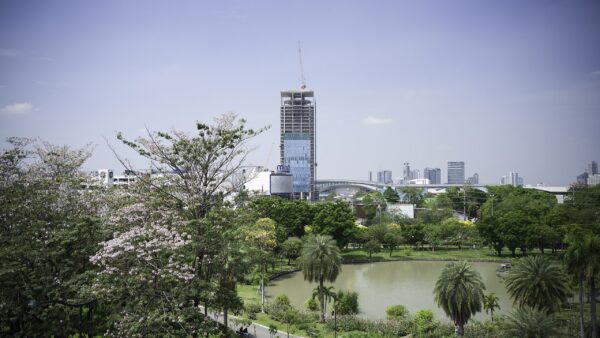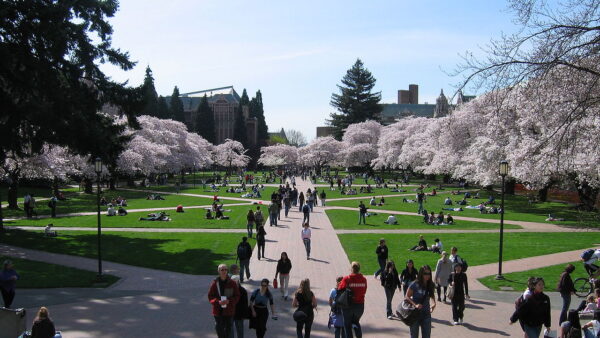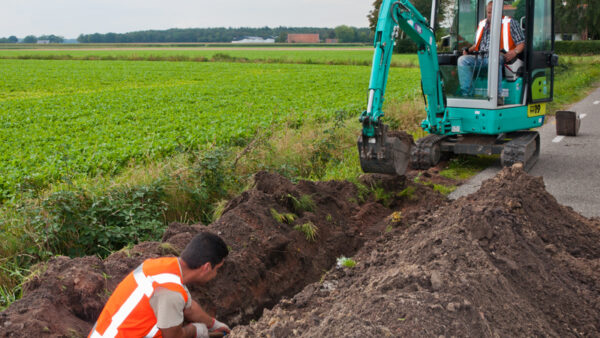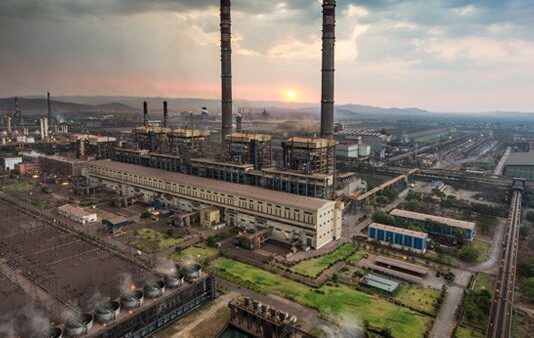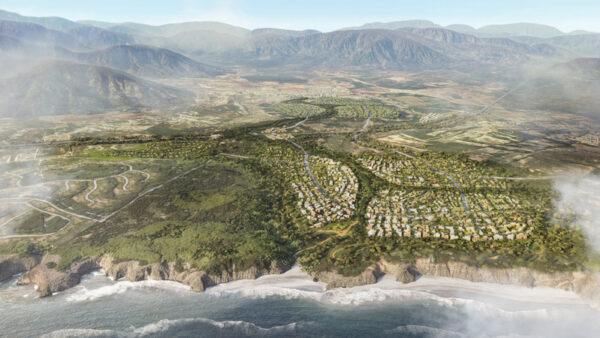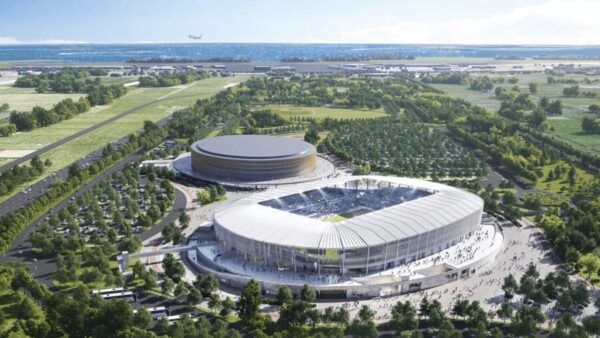Qatar has put on hold plans to build a massive petrochemical complex at Ras Laffan Industrial City, about 70km north of the capital of Doha.
The Al Sejeel plant was to have played an important part in diversifying the Qatari economy away from the primary production of natural gas, but Industries Qatar, the scheme’s principal client, told the Doha stock exchange that it was evaluating another petrochemical project that it said promised to yield “better economic returns”.
The decision will be a blow to American construction firm Bechtel, which was to have project managed the scheme and carried out the front-end engineering design. The San Francisco-based company won the project in April of last year and was to have completed it in 2018.
The government of Qatar has announced a target of investing $25bn in the petrochemicals sector between 2013 and 2020. The strategic aim is to increase output from 9 million tonnes a year to 23 million by 2020, and increase exports to the growing markets of Asia, Africa and Latin America.
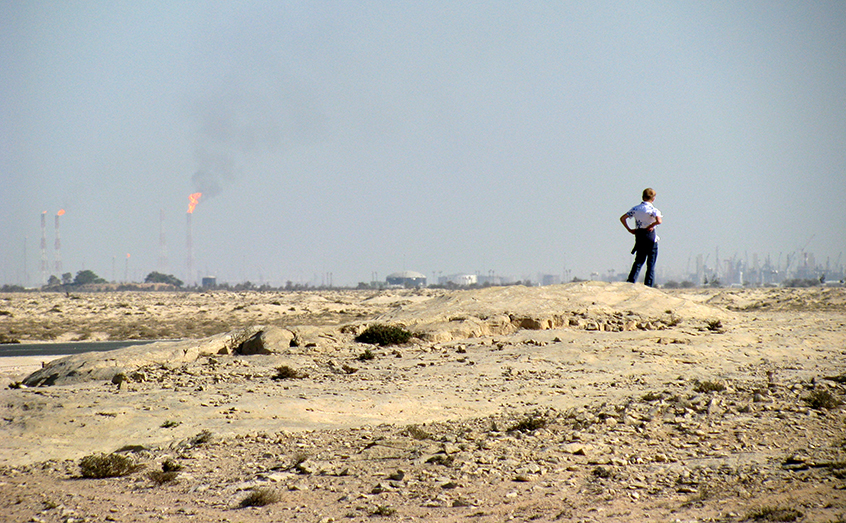
Ras Laffan, Qatar’s main terminal for natural gas, was to have been the site for the mega-petrochemical complex (Source: Peter Dowley/Wikimedia Commons)
One of the largest items on its to-do list was the Al Sejeel plant. This was to have been what the petrochemical industry calls a “mixed-feed steam cracker”. It was to have turned natural gas into 1.4 million tonnes of ethylene a year, as well as polyethylene and polypropylene. The products are used in packaging, durable goods, automotive parts, woven and non-woven textiles and consumer applications.
The other major plant on the government’s schedule is Al Karaana, which is still going ahead. This will be built by Qatar Petroleum (QP) in partnership with Royal Dutch Shell. QP planned to raise $13bn for the two plants this year, according to Meshaal Al-Mahmoud, the company’s head of finance.
The clients for the Al Sefeel scheme were QP and the Qatar Petrochemical Company (QAPCO). They signed an agreement in February 2012 to develop the mega-petrochemical complex, with QP holding an 80% stake and QAPCO owning the rest.
Industries Qatar owns 80% of QAPCO; it recently announced a profit of $770m for the first six months of 2014.





